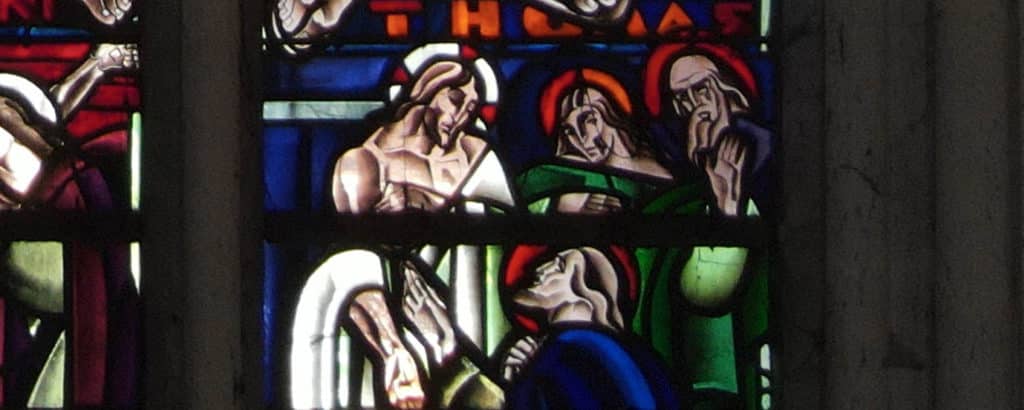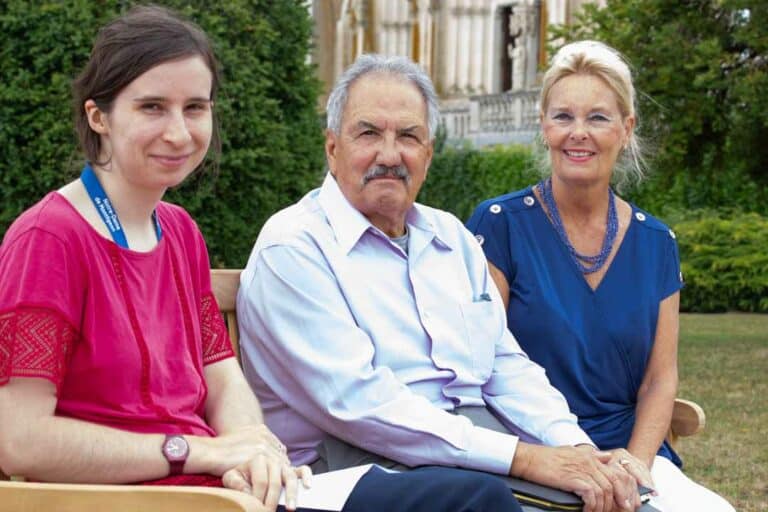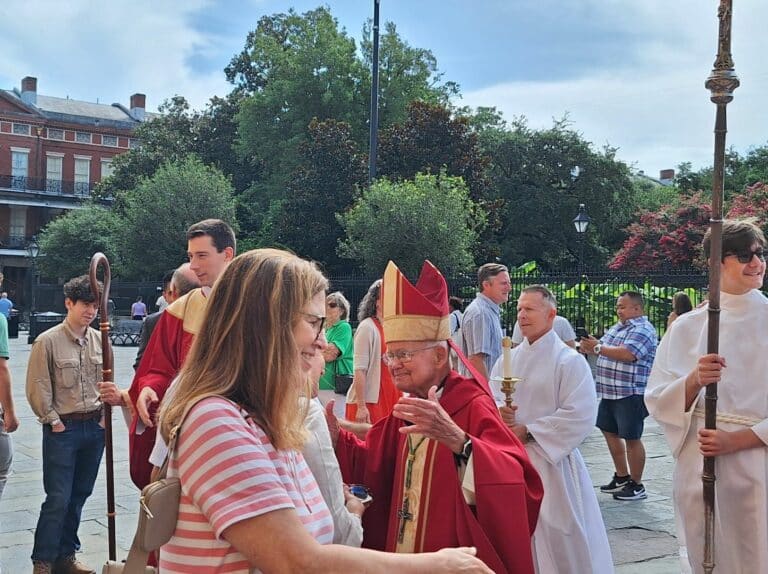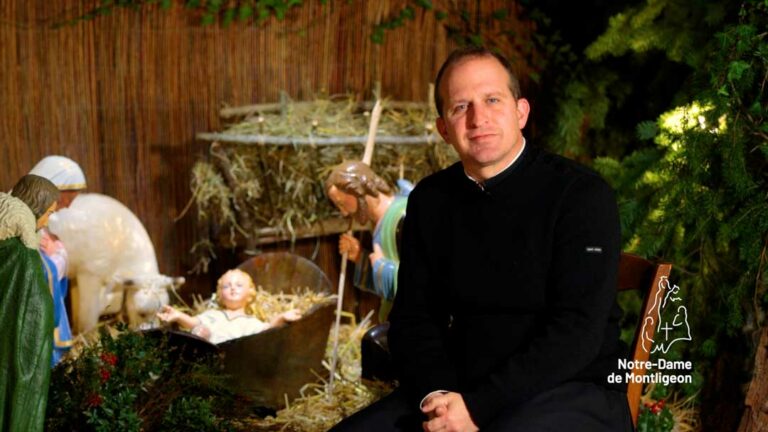No matter how, whether buried or cremated, our remains are doomed to disappear, even unto dust. In such a context, will the resurrection of one’s body really occur? If so, how? Rev. Fr. Don Guillaume d’Anselme, chaplain at the shrine of Montligeon, answers.
Our body is doomed to disappear
Whether buried or cremated, once one’s soul has departed, our remains are doomed to disappear; in most cases, and even if sometimes they may become mummified, normally mortal remains are bound to disintegrate into dust which, in turn, will slowly dissolves in its environment.
As glum a thought as it might be, it nevertheless expresses the very reality that our perishable body will invariably have to face at some point. Confronted to this unyielding physical principle, our faith in the resurrection of the body seems far fetched. Following Jesus’ teaching (cf. John 12, 24), Saint Paul compares the resurrection to the germination of a seed which begins to wither so as to bear fruit: “What you sow is not brought to life unless it dies” (cf. 1 Co 15, 36). Nevertheless as regard the seed, the principle of life remains. Indeed, even though the seed somewhat withers, it retains the principle of life which will yield the future plant.
On the contrary after death, regarding one’s body or ashes, no principle of life whatsoever remains. Therefore the resurrection of the body is not a natural principle. Moreover, once dead, it carries nothing in itself that could bring it back to life.
Will the resurrection of my body really occur?
Our faith in the resurrection of the dead is based on supernatural belief and on Christ’s divine grace. He called this world into existence by creating it out of nothing, thus He can give us our bodies back out of next to nothing. Yet this tiny something is one’s soul; moreover, it is an immortal soul which equates only one body, one and only.
The Scriptures refer to recreation, furthermore of a new creation in Christ (cf 2 Co 5, 17). Therefore it means that we will receive a new body, which will be altogether recreated, celestial, glorious, spiritual and immortal (cf. 1Co 15, 42-44). That body will be new, yet congruent to our present earthly body. Our very body with which we presently receive the Eucharist, love and, to some extend, already build the Kingdom of God here below.
How will the resurrection of my body occur?
Christ has indeed come to save each one in one’s entirety: soul, mind and body (cf. 1Th 5, 23). “For You will not abandon, nor let your devout one see the pit ” (Ps 15, 10). At the resurrection of the dead, our glorious body will then be in the image of the resurrected body of Christ, thus be, all at once, the same (alike that of Christ who retained the stigmas) and, at the same time, different, and glorious (which explains the Apostles’ struggles to recognize Jesus at every one of his apparitions). One’s body is really called to undergo resurrection, but in a new state that can in now way be compared to our present actual body.




